
Persian Course Details - Fees, Subjects, Syllabus, Duration, Eligibility, Career Scope
Degrees offered: M.A., B.A.(Hons), Ph.D, Diploma, B.A.
What is Persian
Persian or 'Farsi' is an extended constituent piece of the Indo-Iranian language group. It is Iran's ceremonious language. Persian has two distinct branches called - Dari, Tajik. Dari is the official or formal language of Afghanistan, and Tajik is of Tajikistan.
It is also known that the written form of the Persian language is an augmentation of Arabic alphabets. Furthermore, Arabic has loaned out many words to Persian.
The core Persian/Farsi course aims to help the interested students to learn four fundamental roots of the language, that is - reading skill, writing skill, listening skill and ultimately speaking skill. Through the Persian language and literature course, one can absorb or assimilate the information about the rich Persian culture.
Persian learning course tries to incorporate enhancement of a student's prowess over three central modes of human communication which are - interpretive communication followed by interpersonal communication which is ultimately followed by presentational communication. Your vocabulary will broaden to a great length.
By taking up this course, you can be assured that you will obtain advanced or professional level expertise over the Persian language in all modes of communication humanly possible. You will attain accurate linguistic fluency and ingrain in your mind a much more clear depth of knowledge about Persian.
Eligibility Criteria (UG & PG) of Persian
Admission eligibility criteria for the undergraduate course on Persian - The student must have passed his 12th board examinations in any stream. Though Arts stream students are more likely to pursue a language/ literature course after 10+2.
Admission eligibility criteria for a postgraduate course on Persian - Either a student can take admission to the appropriate college offering post-graduate degree on Persian through his percentage (minimum of fifty per cent) during the bachelor of an honours degree in the same subject or the student can sit for an entrance exam conducted by the college. Merit-based admission and UG percentile are the only two ways for PG admission.
Admission eligibility criteria for M.Phil Persian course - Prospective candidates who have completed both UG and PG courses in the field of Persian language, are allowed to apply for M.Phil in the same arena. The qualifying marks can range from 50 per cent-55 per cent for due selection to the desired college. Also, there are no age barriers to pursuing this degree.
Entrance Exams for Persian Language
BA Hons. Persian admission procedure takes place in this way: The first option is merit-based selection, that is, the result of 10+2 and ultimately followed by an offline counselling process. The second option is getting into a university through an entrance exam conducted by the same university.
Collect the application form which is available on both online and offline forums, fill it and submit it within the deadline. You need to carry the same application form's duplicate during counselling.
You need an attested copy of the original mark-sheet of 10+2 examination during your college counselling.
If you belong to SC or ST, then you have to carry its certificate as well.
Two passport size photographs of the candidate which is attested by any gazetted officer need to be with you during counselling at any cost.
Here are a few institutes organizing entrance exams:
MA Persian admission process takes place in this way: Again, there are two alternatives - CET or Merit-based selection. The admission process constitutes of the steps mentioned through pointers -
Students who have passed their UG degree with a minimum of 55% marks are eligible to fill the application form.
If you are sitting for the common entrance test, then you must fill up a different application form. These two procedures vary from one university to another.
Acquiring the qualifying marks in the entrance test is mandatory. There can't be any biased judgment.
Lastly, qualified candidates are given a chance to attend the counselling for the allotment of seats in their preferred college.
Scope of Persian in India and Abroad
After you have succeeded in finishing your BA Hons, in Persian, then the employment areas vary from being a part of academic institutions to working closely with the Persian embassy. Also, you can be a pivotal part of electronic news/media and even be involved with tourism/hotels.
After you have also completed your PG in Persian, then you can become a translator, teacher or professor of Persian, a cryptologist and even a writer.
There are similar job prospects after you have finished your M.Phil degree in Persian. It includes the following job types - lecturer, translator/interpreter and even become a part of publishing houses or try their luck in journalism.
Course Fees Persian
| Minimum Fees | Maximum Fees | |||
|---|---|---|---|---|
| Private | Government | Private | Government | |
| UG | ||||
| PG | ||||
| DOCTORAL | ||||
| DIPLOMA | ||||
Course Subjects
Structure of syllabus in all the levels/degrees of Persian course -
Firstly, we will discuss the syllabus structure of BA Hons. Persian for the entire three years which are radically divided into six semesters (two every year) -
In the first semester, you have to study the following subjects:
- Basic grammar
- Basic translation
- Modern prose (a & b)
- Essays and qualifying language
In the second semester, you have to study the following subjects:
- Modern prose
- Credit language
- Classical prose
In the third semester, you have to study the following subjects:
- Concurrent: Interdisciplinary language
- Sufi based prose (literature)
In the fourth semester, you have to study the following subjects:
- Classical and Modern poetry
- Discipline-based language: concurrent
- Indo-Persian prose
- A detailed history of Persian literature
In the fifth semester, you have to study the following subjects:
- Sufi and Classical Poetry
- Indo-Persian Poetry
- General editing
- General compiling
- Language use in computers
- Lexicography
In the sixth semester, you have to study the following subjects:
- Discipline centred language (II)
- Indo-Persian Poetry
- Classical Poetry
Syllabus of MA in Persian course -
In the first semester, you have to study the following subjects:
- Modern Persian Literature (prose and poetry)
- Classical Persian Literature (prose and poetry)
- Persian Prosody
- Written and Oral Communication Skills
In the second semester, you have to study the following subjects:
Same as the first semester with the extra inclusion of History of Iranian Languages
In the third semester, you have to study the following subjects:
- Sufi literature (mystical)
- Social and Cultural History of Iran
- Modern Persian Prose and Poetry
- Advance level of written and oral communication skills
- Classical Persian Prose
In the final semester, you have to study the following subjects:
- The social and cultural history of regions where Persian is spoken
- Classical Persian Prose and Poetry
- Sufi Literature (Mystical)
- Modern Persian prose and poetry
- More advanced level written and oral communication skills
Careers in Persian
The second most popular language in the entire Middle East is Persian or Farsi. It is an expressive ornament of the civilization that has become ancient now. If you learn Persian, then you can easily understand and be a part of the powerful and historical narrative of the politics, economics in the Middle East, including Iran. Several companies are hiring Persian language experts as their business circulates the Middle East.
You can pursue freelancing as a translator after completion of the entire higher education in Persian. If not this, then the alternative option is to get involved with the import and export business in Persian speaking regions.
Learning Persian can be worthwhile for you if you decide to monetize your prowess over the language by taking a job in the tourism departments or engineering, oil, gas sectors.
Job Profiles and Top Recruiters
Job profiles, role to be played and salary to be earned -
In this job domain, you need to be a linguist and translate any Persian text to English text or vice versa. There is a huge demand for linguists and translators in today's job market. |
| |
Cryptologist | While a translator translates, the cryptologist decodes the language. |
|
Foreign Services | Join foreign services to work closely with all those countries with whom India maintains a diplomatic relationship. This includes Persian speaking regions as well. |
|
Writer | In this particular domain of profession, you can write for Persian magazines, tabloids, newspapers or publish poems and short stories in Persian. You can write a book too if you have the willingness to sacrifice a lot in your life. |
|
If you want to change a community most purely, then you must become a teacher or a professor. You will need a B.Ed degree for this. After you get that, then you can teach kids Persian literature and language. |
|
Top Recruiters in Persian Course
1. NALCO
2. Arab Emirates
3. Indian Airlines
4. BBC
5. SAPCO
6. Make my trip
7. Indigo
8. Persian Bank
Average Salary
Translator | Rs. 1.44 Lakhs p.a. (Approx.) to Rs. 1.8 Lakhs p.a. (Approx.) |
Cryptologist | Rs. 2 Lakhs p.a. (Approx.) |
Foreign Services | Rs. 7 Lakhs p.a. (Approx.) |
Writer | Rs. 1.44 Lakhs p.a. (Approx.) to Rs. 1.88 Lakhs p.a. (Approx.) |
Teacher | Rs. 1.22 Lakhs p.a. (Approx.) to Rs. 1.44 Lakhs p.a. (Approx.) |
Required Skillset for Persian
Bachelor of Arts' Honors degree in Persian is suitable for the following type of students-
Candidates who have a profound interest in Persian and all aspects of Persian should apply for the undergraduate degree. Being interested in it and being vocally passionate about it are the two criteria that should decide if you should take it up or not.
Students who want to become teachers or lecturers of Persian language and literature in government or private institutions must apply to fulfil the dream.
If you are a student who wants to travel to a Persian speaking country for work or high study purpose, then you have to take up this course and make the most out of it so that you don't face any major difficulty during your stay in that country.
MA in Persian is suitable for the same category of students, that is, those who have already completed a UG course and want to polish their ability to speak, write, read and understand Persian. If you have set your career path in the above directions, then you can also be inclined to complete M.Phil and PhD in Persian.
Course Curriculum for Persian
Degrees of Persian education - There is an honours programme for learning the Persian language in the undergraduate level. The minimum duration for this degree is three years which functions on a semester system, that is, two semesters in one year.
Degrees of Persian education - There are post-graduate programs for learning the origin, development and advanced study of Persian language. This course has a minimum duration of two years. There are entrance tests as well as merit-based admissions to colleges offering this degree.
Degrees of Persian education - There are M.Phil Persian courses that you can take after the completion of Masters in the same field.
It is a two years course to gain advanced specialization in the arena of Persian language and literature. The first year of the course requires theoretical study and the final year is all about thesis/dissertation submission.
Popular Persian Entrance Exams in India
Frequently Asked Questions (FAQs)
Question: What is the amount of starting salary you can expect after completing degrees in the Persian language?
Answer :
If you happen to take up a job after completing BA Hons. Persian only, then your starting salary might range from Rs. Two lakhs to Rs. Eight lakhs yearly. If you want to take up a job after completing both under-graduate and post-graduate degree in Persian, then you can expect an average salary of fifteen thousand rupees monthly.
Although you can enter the job sector of life after M.Phil. in Persian, students are more likely to apply for PhD in Persian where they take up one sub-topic of their interest and then specialize in it.
Question: What is the amount of fees needed for all Persian courses?
Answer :
For the under-graduate course on Persian, the minimum fees to be paid is one thousand rupees, and the maximum fees that one might have to pay are Rs. Two lakhs. For the post-graduate course on Persian, the minimum fees to be paid is eight thousand rupees, and the maximum fees that one might have to pay are around twenty thousand rupees.
Question: Can Persian be learnt before under-graduate degree commences?
Answer :
Yes, there are multiple linguistic applications available in mobiles which teach students the basics of any foreign language. The only thing needed for this is persistent practice. Don't let it fizzle out because once you don't let it vanish, you take one step closer to knowing it almost fully.
Question: Why should I learn Persian?
Answer :
We will give you twelve solid reasons for which you really should learn Persian. The reasons are –
o Farsi is the second-most popular spoken language in the entirety of the Western part of Asia.
o Its historical significance is paramount.
o It will push and open the doors of various job opportunities which are mentioned above.
o You can also work under Government agencies.
o Persian has quite an influence on India.
o You will be able to bridge the gap between Persian (one native language) and any other native language.
Question: Should people study Arabic at all?
Answer :
Candidates who want to settle with a job in Persian speaking countries like - Iran, Iraq, Tajikistan, Afghanistan, Russia etc. must study Arabic wholeheartedly. If you are a student who has a keenness and interest in knowing the language spoken in Islamic countries must study Arabic.
If you are a researcher who wants to dig up classic Islamic literature, then you must study Arabic. The simple creative mind of yours might want to learn Arabic just for the fun of it.
Questions related to Persian
Question : Amir Khusrau was a musician and
Option 1: Sufi saint
Option 2: Persian and Hindi writer and scholar
Option 3: Historian
Option 4: All of the above
Correct Answer: All of the above
Solution : Correct Answer is All of the above
An Indian poet, scholar, musician, named Amir Khusrau. He primarily composed poetry in Persian, but he also wrote in Hindavi. He is revered as the "father of qawwali," an enduringly popular Sufi devotional singing genre in Pakistan and India. He also introduced India to the ghazal song style.
Question : The famous Peacock Throne of Shah Jahan was taken away in 1739 by
Option 1: Afghan invader Ahmed Shah Abdali
Option 2: Persian invader Nadir Shah
Option 3: Mongol invader Chengiz Khan
Option 4: British East India Company
Correct Answer: Persian invader Nadir Shah
Solution : Correct Answer is Persian invader Nadir Shah
Nadir Shah, a Persian king, invaded India in 1739 and overthrew the Mughals. He stole enormous sums of money and many priceless Mughal possessions, including the coveted peacock throne and the Kohinoor diamond. Nadir had also brought the magnificent Koh-i Noor and Darya-i Noor diamonds to Persia, where some were added to the Persian crown jewels and others were sold to the Ottomans, along with the Peacock Throne.
Question : The study of administrative reforms in Ain-i-Akbari helps historians understand:
Option 1: The influence of Persian culture on the Mughal court
Option 2: The impact of Akbar's policies on rural and agrarian society
Option 3: The role of art and literature in Mughal diplomacy
Option 4: The development of military technology during Akbar's reign
Correct Answer: The impact of Akbar's policies on rural and agrarian society
Solution : Correct Option: Option 2
Explanation: The study of administrative reforms in Ain-i-Akbari helps historians understand the impact of Akbar's policies on rural and agrarian society, as it provides insights into the changes in land ownership, revenue collection, and agrarian relations during his reign.
Question : Which languages were primarily used in the translation of Mughal court chronicles?
Option 1: Arabic and Greek
Option 2: Persian and English
Option 3: Sanskrit and Urdu
Option 4: Turkish and Hindi
Correct Answer: Persian and English
Solution : Persian and English were primarily used in the translation of Mughal court chronicles, as Persian was the court language and English translations facilitated access to a wider audience.
Question : The military architecture of Vijayanagar, such as its forts, was influenced by:
Option 1: Persian designs
Option 2: European fortifications
Option 3: Chinese fortifications
Option 4: Native Indian designs
Correct Answer: Native Indian designs
Solution : Correct Option: 4
Explanation: The military architecture of Vijayanagar, such as its forts, was influenced by native Indian designs, incorporating traditional elements of fortification and defense.


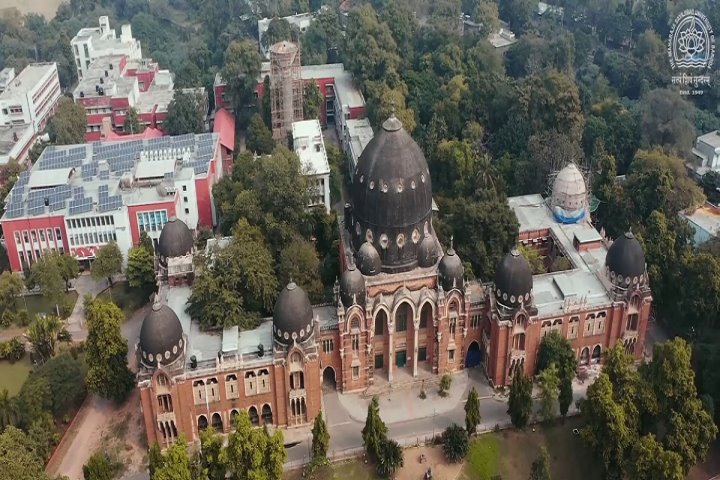
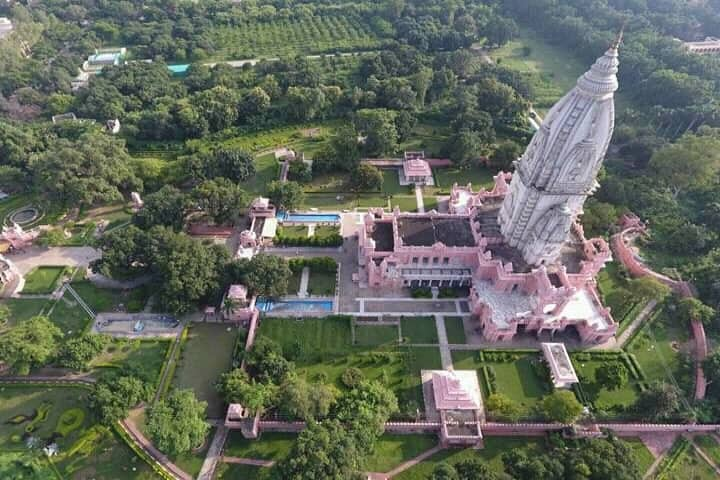


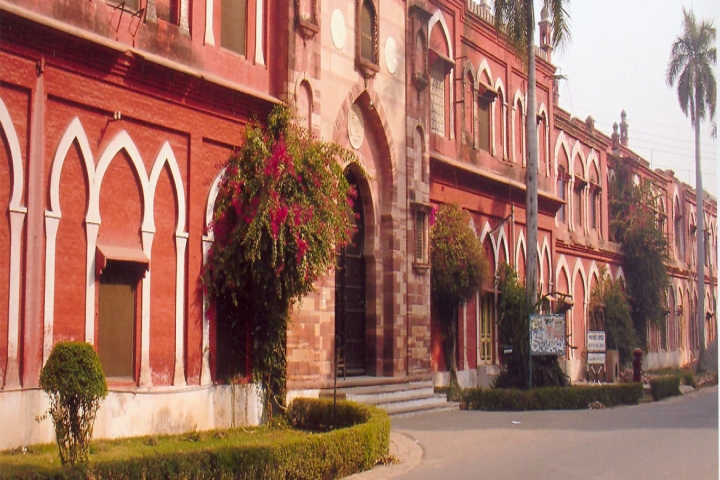
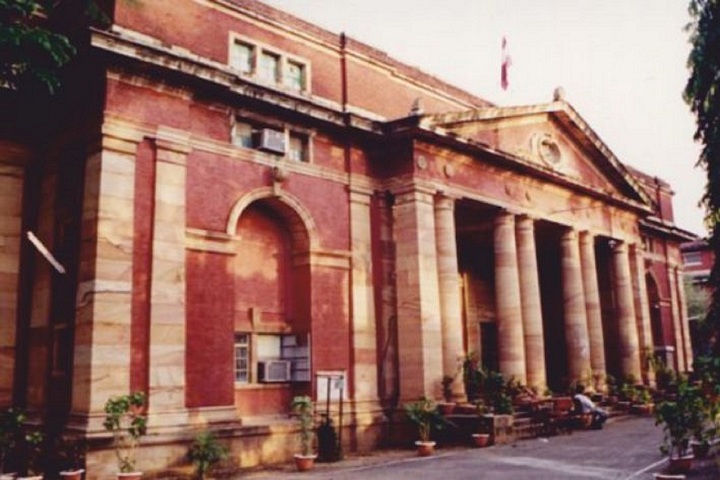
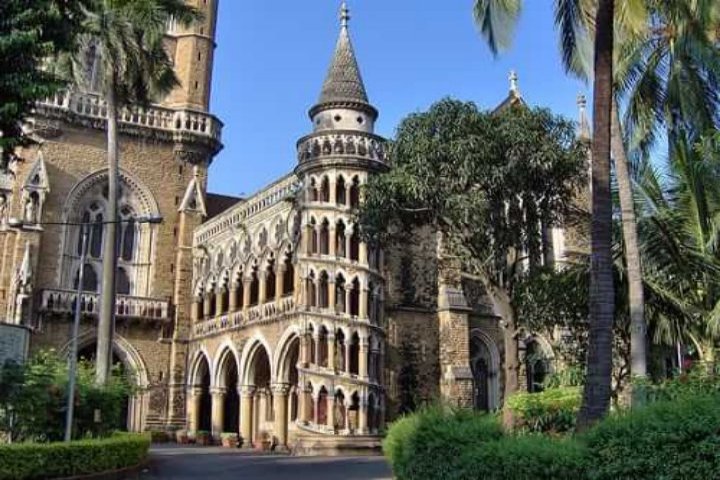


 Answer later
Answer later








